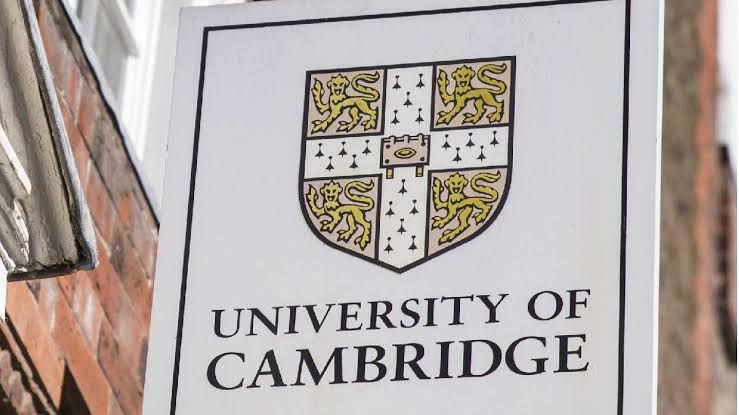The University of Cambridge is facing criticism over its recruitment guidance, which some have claimed amounts to discrimination against white job applicants.
According to internal documents, the university encourages departments to ensure that at least one candidate from an underrepresented group is included in every interview process. If a longlist lacks diversity, for example, if it consists entirely of white or male candidates, the guidance suggests that departments consider re-advertising the position to broaden the applicant pool.
The guidance, known as the diverse recruitment framework, also advises that interview panels should reflect racial and gender diversity and be composed of individuals trained in equality, diversity, inclusion (EDI), and unconscious bias.
Critics argue the policy goes too far. Edward Skidelsky, a lecturer in philosophy at the University of Exeter and director of the Committee for Academic Freedom, called the framework tantamount to discrimination against white applicants.
“This is one of the worst cases we have come across of EDI interference in what should be a purely academic process,” Skidelsky said. “Favouritism towards women and non-whites demeans them and encourages the very prejudices it is intended to overcome.”
Documents seen by The Telegraph show that the framework originally issued in 2019 has been embedded into hiring instructions sent to academic staff involved in recruitment.
The materials explicitly advise panels not to consist solely of white males or individuals from similar career backgrounds. One excerpt reads:
“Try to ensure that more than one candidate from under-represented groups is invited to the interview stage. If the longlist is not diverse, consider re-advertising the position.”
In addition, all panel members are expected to complete university training on equality and unconscious bias and to reflect on their own biases and the university’s diversity goals throughout the recruitment process.
A source familiar with the workings of the university’s diversity committee claimed that concerns over the legality of these policies were brushed aside. “When I got there, I discovered it was already off the rails,” the source said. “If you criticise it, you’re just seen as a bad person.”
The same source alleged that white and male applicants were at times discouraged from applying for certain roles based on their demographics, though the university strongly denies such practices.
A spokesperson for Cambridge responded: “Every candidate is recruited based on merit. We have no quotas for staff recruitment and strongly refute claims of discriminating against white and male job applicants.”
The university clarified that the framework is intended to encourage broader outreach and inclusive hiring, not to dictate outcomes. They added that use of the guidance is not mandated and that recruitment is ultimately governed at the departmental level in line with university-wide policy.
Some prominent Cambridge academics have also voiced strong objections to the guidance. Professor David Abulafia, professor emeritus of Mediterranean history, described the policies as arrant nonsense, accusing the university’s administration of fanaticism.
Professor John Marenbon, a fellow of Trinity College, echoed the concern, stating:
“Academic appointments should be made solely based on academic merit. Academics who do otherwise betray their calling.”
The university’s current diversity action plan sets goals for increasing ethnic minority applications to at least 8% for academic and research positions and 30% for professional services roles.
Despite the backlash, Cambridge maintains that its recruitment practices comply with legal standards and are rooted in merit-based hiring. The debate reflects wider national tensions over diversity initiatives in higher education and their impact on fairness and academic independence.
Read also: Foreign students may be required to leave the UK if they fail to secure a graduate-level job



